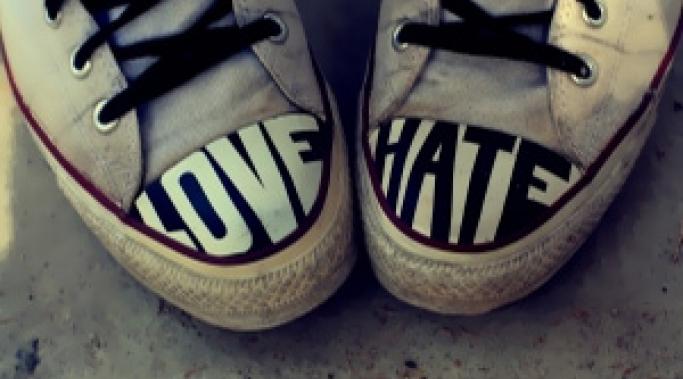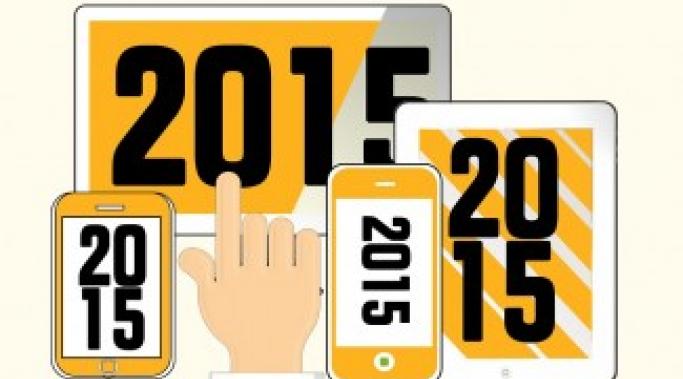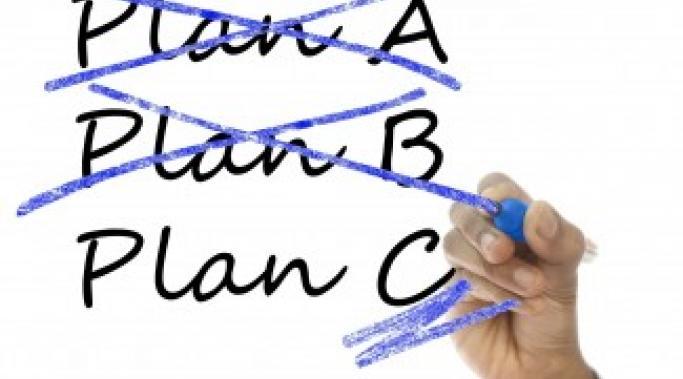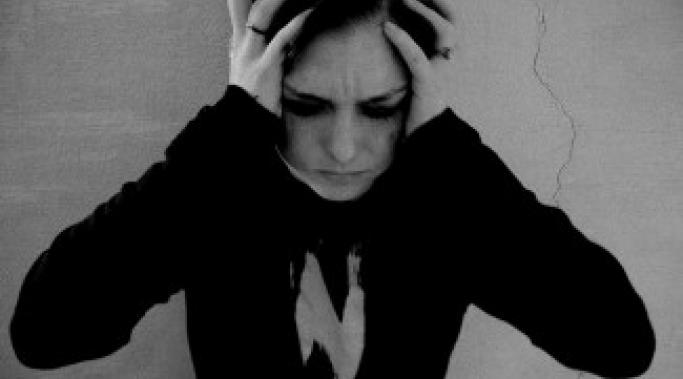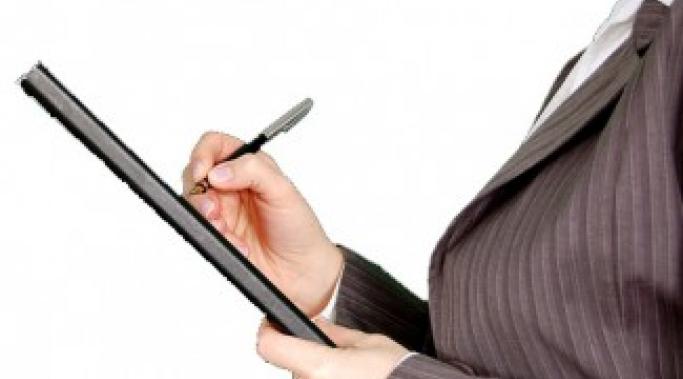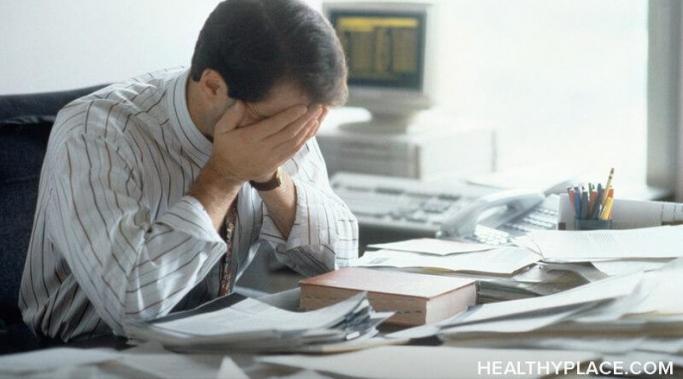There is a notion out there that a suicide attempt is a “cry for attention” and, thus, this invalidates what the person has done or makes it "not serious" (The Stigma Of Suicide). I would beg to differ. First off, of course, many suicide attempts have nothing to do with “attention,” per se, but secondly, so what if it did? So what if a suicide attempt is a cry for attention? Why does that make it less serious?
Impact of Bipolar
I have found that depression, in my case bipolar depression, amplifies physical pain (Mental Illness Means Physical Pain Too). Yes, depression brings about its own pain, to be sure, but additional to that, I believe depression amplifies the physical pain we already feel in our normal, daily lives. Stubbing your toe hurts, but stubbing you toe with serious depression feels like it could kill you.
Fluctuations in energy levels in bipolar disorder can be a challenge to manage, at least, in my experience. What I find, is that my energy fluctuates throughout the day in unusual and very bipolar ways. These hourly energy changes require care and interrupt what I want to do. It might be due to the fact that I tend to cycle very rapidly (when I truly cycle, which is rare), but from what I can tell, bipolar causes energy level changes throughout the day.
If you’ve read some of the comments here, you know what some other people think of bipolar disorder. Some people think that those with bipolar are manipulative, angry, abusive and some even say we’re downright evil. And it’s easy to internalize what others think of bipolar disorder. It’s easy to believe we are these things. But you are worth more than a single, negative descriptor. You are not what other people think of bipolar disorder.
The best of Breaking Bipolar 2015 shows what you were talking about and reading about this year with regards to bipolar disorder. Topics range from difficulty in decision-making (a symptom of depression) to what it's really like to stay in a mental hospital. Here, I count down the top five articles and the best of Breaking Bipolar 2015.
People with bipolar have a hard time planning ahead. I know it seems like it would be easy: “Want to go to lunch Tuesday?” “Sounds like fun. Sure!” but it isn’t (How To Be Bipolar And High Functioning). And the reason is because bipolar disorder is highly unpredictable. Yes, I might feel fine right now but I literally have no idea what tomorrow will bring (Using Bipolar As An Excuse). This is why planning ahead with bipolar is really tough.
It’s critical to know how not to take your bipolar hypomania irritability out on others, if that is one of your symptoms of hypomania (What's The Difference Between Bipolar Mania and Hypomania?). I wish I was one of those people for whom hypomania is a party, but I’m not. For me, I’m highly irritable, annoyed, anxious and agitated. But I know that this is part of my bipolar disorder so I try not to take my bipolar hypomania irritability out on others.
When I’m depressed I can’t make decisions because everything feels “wrong.” I know that’s really vague but that’s how it feels. If feels like doing thing A is wrong but so is doing thing B. Doing something feels wrong and so does doing nothing. When I’m actually doing something, it feels like I should be doing something else, something more. When I’m depressed it feels like every decision is the wrong decision, every move is the wrong move. Depression makes me not able to make a decision.
I have major guilt when my bipolar interferes with work. I have this thing where I think that bipolar is just an excuse for laziness and that if I was a just a better person bipolar wouldn’t interfere with my work. Even though I know this isn’t true, it seems to be the only thing I think about when bipolar rears its ugly head and deleteriously affects my work.
When working with bipolar, there are definite dos and don’ts. These dos and don’ts can help predict just how successful you can be with bipolar at work because you can work with bipolar but that’s a much easier goal to achieve if you keep certain rules in mind (Keeping a Job When You Have Bipolar Disorder).



